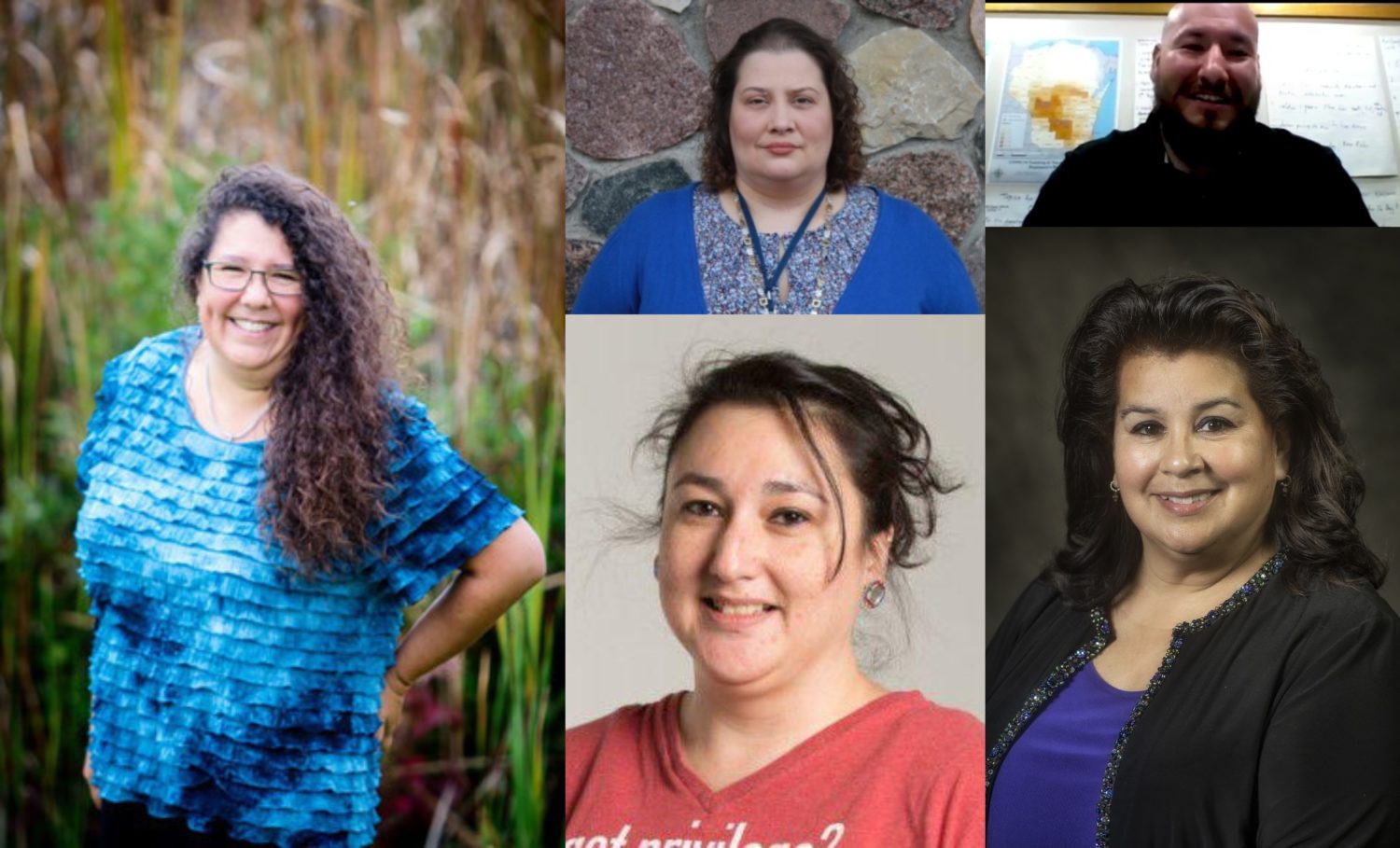
Every year since our founding five years ago, we have recognized Wisconsin’s most influential Black and Latino leaders. In 2020, we extended that recognition to our Native American and Asian American brothers and sisters. These lists have become the most anticipated thing we do. Every year, I’ve intended these lists to highlight the beauty of the diversity across our state. I want kids here in Wisconsin to see role models of people who are succeeding, to know that it’s possible for African Americans and Latinos to achieve great things here.
Every year, people tell me we’ll run out of people to recognize. And every year, after we publish our list, I get emails and texts with more names: why did you leave out this person, how did you miss that person. And every year it becomes clear: there are more people of every ethnicity in Wisconsin doing the real work than we could ever recognize.
This week we shine a statewide spotlight on the dedicated leaders of Wisconsin’s indigenous communities. The people we highlight this week are elected leaders, business leaders, community leaders, doing difficult, important work, often in the face of discrimination and literally generations of oppression.
And there will be more — later this year, we will publish our first list of Wisconsin’s most influential Asian Americans, in addition to new editions of our lists of the most powerful Black and Latino leaders.
We are also aware that this list, like every other, is not comprehensive. There are, without a doubt, more than 24 influential Native American leaders doing good work in Wisconsin. We hope you will let us know about people in your community who we can include on future lists. For now, though, we just want to introduce you to a few of the people doing the work, often behind the scenes and without the accolades, across Wisconsin.
You might know a few of these names, but there’s a good chance that most of them will be new to you. I urge you to get to know them. Reach out to those living and working in your communities. Learn from them, network, create partnerships. And spread the word — let others in your network know that we have people of all ethnicities living and working across Wisconsin to make this state a good and prosperous place for all.
Henry Sanders, Jr
CEO, 365 Media Foundation
Publisher, Madison365 and FoxValley365
This is the first of a five-part series.
 Cooninaziwi Tracy Littlejohn, a member of the Ho-Chunk Nation, is Racial Justice Facilitator at YWCA La Crosse, a role she’s held since January of 2018, and youth coordinator for the Ho-Chunk Nation for the past six years. She works with students at the Ho-Chunk Youth and Learning Center and co-advises the UW-L Native American Student Association. Littlejohn also serves on several local boards and committees, including the Kickapoo Valley Reserve Management Board, the Disparities in Juvenile Justice-Best Practices Committee, and the Mayor’s Taskforce on Racism. She was named the YWCA’s “Sustaining Leader of Today” in 2019 and was nominated the same year for the Linda Riddle Community Advocate of the Year Award. She was honored in 2020 with the Martin Luther King Jr. Leadership Award at the MLK Community Celebration at Viterbo University.
Cooninaziwi Tracy Littlejohn, a member of the Ho-Chunk Nation, is Racial Justice Facilitator at YWCA La Crosse, a role she’s held since January of 2018, and youth coordinator for the Ho-Chunk Nation for the past six years. She works with students at the Ho-Chunk Youth and Learning Center and co-advises the UW-L Native American Student Association. Littlejohn also serves on several local boards and committees, including the Kickapoo Valley Reserve Management Board, the Disparities in Juvenile Justice-Best Practices Committee, and the Mayor’s Taskforce on Racism. She was named the YWCA’s “Sustaining Leader of Today” in 2019 and was nominated the same year for the Linda Riddle Community Advocate of the Year Award. She was honored in 2020 with the Martin Luther King Jr. Leadership Award at the MLK Community Celebration at Viterbo University.
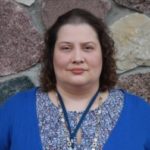 Dr. Estelle Ostgard is a family physician at the Menominee Tribal Clinic in the village of Keshena on the Menominee Reservation. She attended the University of South Dakota and has experience in treating chronic illness of adult and pediatric patients, prenatal care, women’s health, sports medicine, geriatrics, skin, and psychiatric care.
Dr. Estelle Ostgard is a family physician at the Menominee Tribal Clinic in the village of Keshena on the Menominee Reservation. She attended the University of South Dakota and has experience in treating chronic illness of adult and pediatric patients, prenatal care, women’s health, sports medicine, geriatrics, skin, and psychiatric care.
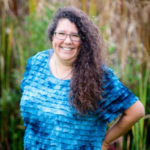 Beverly Scow, Oneida, Kwickseutaineuk Ah-kwa-mish First Nation, of the Kwakwakawak Peoples, is the Assistant Director of the Wise Women Gathering Place (WWGP), a non-profit organization that offers “Native American culturally-specific services” to those affected by violence, specifically sexual violence; She is considered one of the founding members of the organization. Having lived on the Oneida Nation Reservation in Wisconsin since 1991, Scow began her work offering help to the community as the Administrative Assistant for the Tsyunhekwa Oneida Tribe of Wisconsin and as an apprentice midwife. At WWGP, Scow practices the Technology of Participation (ToP) Facilitation Method to support groups of historically marginalized and abused individuals through “focused conversations, consensus workshops, action planning, strategic planning, conflict resolution, and virtual facilitation.” Beverly is a Certified ToP Facilitator and a Mentor ToP Trainer and has an Honorary Degree from the Native Indian Teaching Education Program (NITEP) at the University of British Columbia.
Beverly Scow, Oneida, Kwickseutaineuk Ah-kwa-mish First Nation, of the Kwakwakawak Peoples, is the Assistant Director of the Wise Women Gathering Place (WWGP), a non-profit organization that offers “Native American culturally-specific services” to those affected by violence, specifically sexual violence; She is considered one of the founding members of the organization. Having lived on the Oneida Nation Reservation in Wisconsin since 1991, Scow began her work offering help to the community as the Administrative Assistant for the Tsyunhekwa Oneida Tribe of Wisconsin and as an apprentice midwife. At WWGP, Scow practices the Technology of Participation (ToP) Facilitation Method to support groups of historically marginalized and abused individuals through “focused conversations, consensus workshops, action planning, strategic planning, conflict resolution, and virtual facilitation.” Beverly is a Certified ToP Facilitator and a Mentor ToP Trainer and has an Honorary Degree from the Native Indian Teaching Education Program (NITEP) at the University of British Columbia.
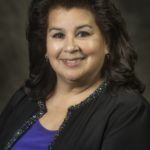 Jennifer Webster is a member of the Oneida Nation and a member of its Council. She has also served as the Oneida Nation’s health liaison and participated with the Indian Health Service, the Wisconsin Department of Health Services, the U.S. Department of Health and Human Services, and the Centers for Medicare and Medicaid Services. She was also an alternative representing the Bemidji Area on the Indian Health Care Improvement Fund Workgroup.
Jennifer Webster is a member of the Oneida Nation and a member of its Council. She has also served as the Oneida Nation’s health liaison and participated with the Indian Health Service, the Wisconsin Department of Health Services, the U.S. Department of Health and Human Services, and the Centers for Medicare and Medicaid Services. She was also an alternative representing the Bemidji Area on the Indian Health Care Improvement Fund Workgroup.
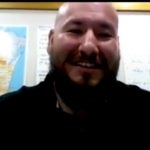 Isaiah Funmaker serves as supervisor of the 11th district on the Jackson County Board. He also works as a lands specialist at Ho-Chunk Nation and puts out fires as a firefighter at BIA Forestry & Wildland Fire Management – Great Lakes Agency. Funmaker lives in Black River Falls, WI with his family. He was a panelist at the first-ever Men’s Leadership Summit, hosted in April 2021 by Madison365.
Isaiah Funmaker serves as supervisor of the 11th district on the Jackson County Board. He also works as a lands specialist at Ho-Chunk Nation and puts out fires as a firefighter at BIA Forestry & Wildland Fire Management – Great Lakes Agency. Funmaker lives in Black River Falls, WI with his family. He was a panelist at the first-ever Men’s Leadership Summit, hosted in April 2021 by Madison365.
Part 2 coming tomorrow!



